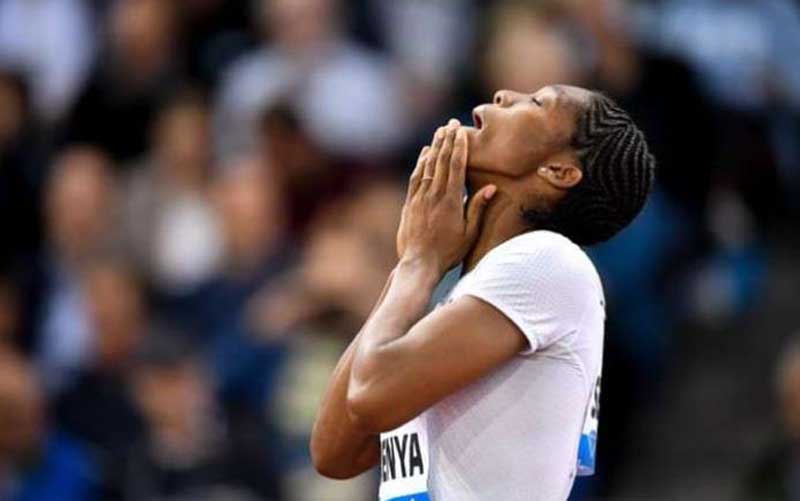×
The Standard e-Paper
Kenya’s Boldest Voice

Olympic 800 metres champion Caster Semenya of South Africa goes to the Court of Arbitration for Sport on Monday to challenge proposed rules that would force her to lower her testosterone levels.
The South African government has said the rules proposed by track and field’s governing body, the International Association of Athletics Federations (IAAF), specifically target Semenya and has called them a “gross violation” of her human rights.